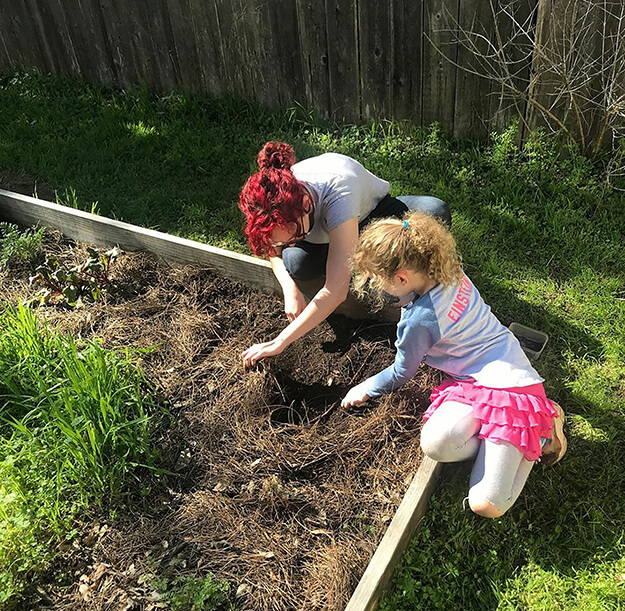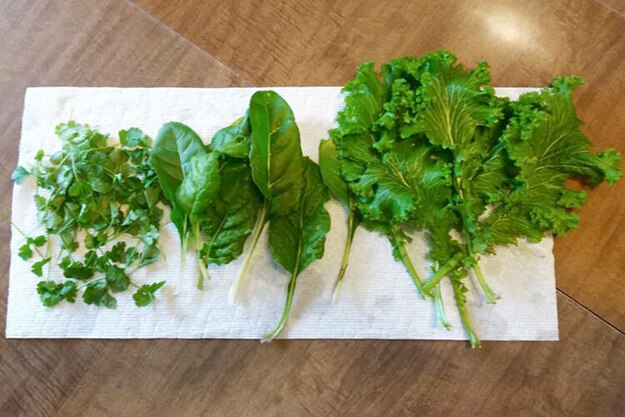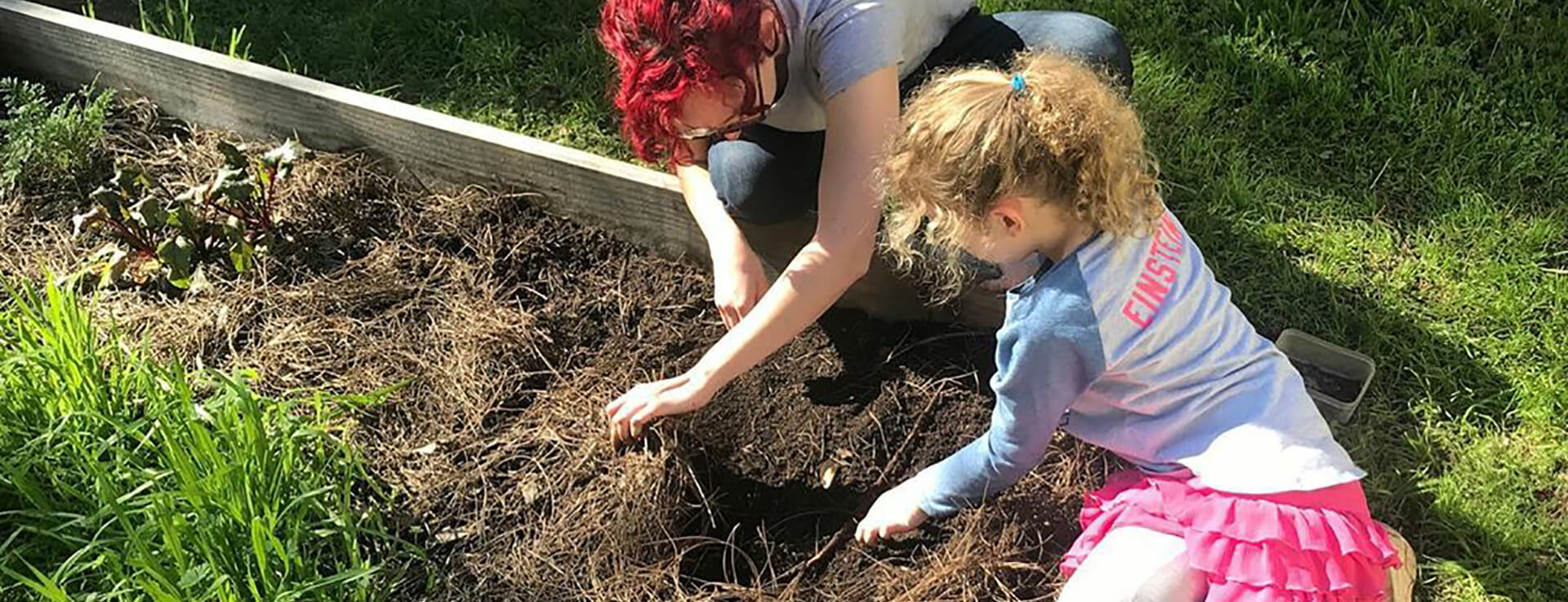I was expecting this email from the Sustainable Food Center but it still hurt to see. Twice a year, the organization provides free seeds, transplants, and compost to gardens all around the Austin area. I found out about them from my friend, a preschool teacher and permaculture scholar. The Sustainable Food Center’s mission is “to cultivate a just and regenerative food system so people and the environment can thrive”. Through their Spread the Harvest program, schools, personal gardens grown by people with low incomes, and community gardens serving under-resourced areas can plant the seeds of food sovereignty.

My first Resource Giveaway Day in the fall of 2019 was a minor disaster. I arrived an hour before the end of the event with a reusable shopping bag and scurried around people with wheelbarrows filled with compost and trays of transplants. A hillock of compost loomed behind the sign-in table and I wondered whether I should fill my shopping bag with compost. I decided against it-too stinky-and followed the volunteer’s pointed finger to a nearly empty transplant area. I surveyed the choices: mustard greens, sickly-looking mustard greens, and empty trays. Mustard greens it was!
I felt only slightly like I had failed my nascent garden. The mustard greens and I continued to the seed table, where tiny manila packets with seed names and planting directions patiently awaited the gardeners. Broccoli, beets, swiss chard, carrots, brussels sprouts. Thank goodness I recognized these names, no offense to the mustard greens. Feeling better about my garden’s future, I loaded up my car and plunged back into rush hour traffic. I hoped the mustard greens would not shrivel up before I could transplant them in the morning.

I did well in conventional schools and only learned about Self-Directed Education after I completed my master’s program. I was doubly hit with post-grad anxiety: first, because I suddenly had no syllabi or externally-imposed goals to direct me, and second, because I was considering a role as Learning Facilitator where I was expected to direct my own learning and goals. My task-oriented mind was ready to begin working, but what was I supposed to be working on? Nearly a year later, my biggest effort has been to remove the “supposed to” from my thinking.
Researching, designing, building, planting, and maintaining a garden is helping me change my thinking. The Abrome Learners were welcome to join the garden preparation and still (virtually) help with its upkeep, but the garden is ultimately my project. When the first winter seedlings sprouted, I experienced a level of joy and satisfaction that I never felt when I got a good grade on a test. The mustard greens are all eaten up by snails now, but not before we harvested their leaves several times over. I learned at what point the leaves taste best and how to preserve the plant while harvesting. Even the snails taught me the importance of a biodiverse garden that attracts predator insects and feeds the soil.
I’m still getting the hang of self-directed learning (and the Learners are excellent teachers in their own way) but I will always remember the most important lesson this garden has taught me: I need not wait for permission to play or to learn. The Abrome garden will not grant me a degree but it will teach me for as long as I let it.
This article was originally published here on May 5, 2020 and has been reprinted here with permission from the author.
If you enjoyed this article and feel called to give back to ASDE, here are ways you can support our work:
- Donate money
- Share our content with others! Click one of the buttons above to easily share on Twitter, Facebook, or email.
- Consider becoming a Contributor for Tipping Points
Tipping Points Magazine amplifies the diverse voices within the Self-Directed Education movement. The views expressed in our content belong solely to the author(s). The Alliance for Self-Directed Education disclaims responsibility for any interpretation or application of the information provided. Engage in dialogue by reaching out to the author(s) directly.






